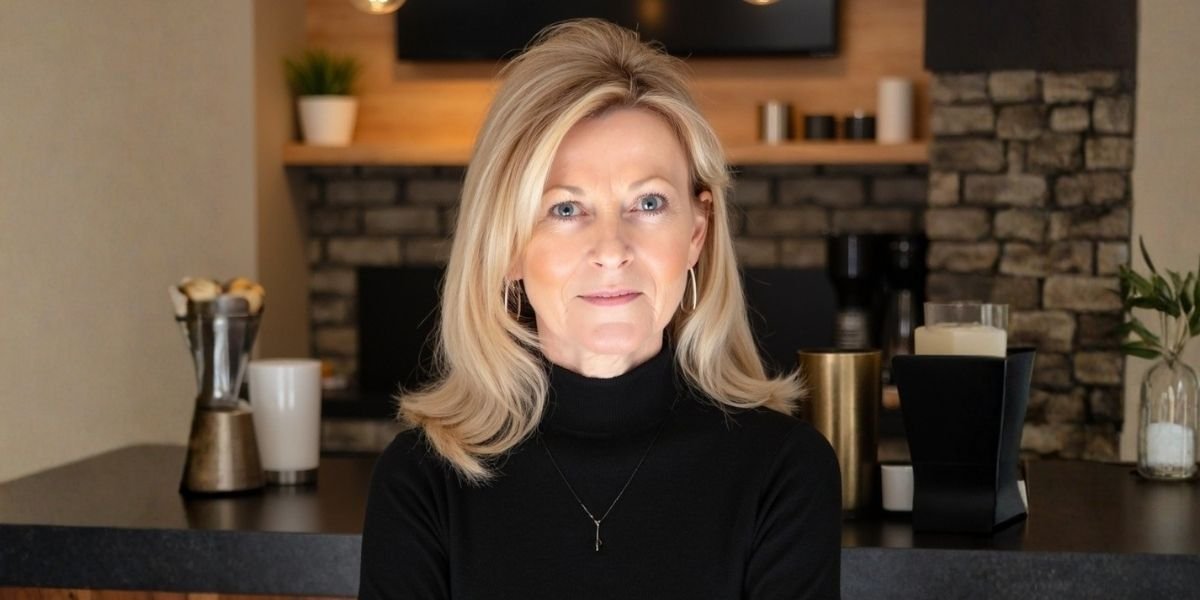As traditional rentals strain under rising costs and tenant churn, a growing revolution is reshaping city living—from Brooklyn rooftops to Hell’s Kitchen brownstones. At its center is Outpost, a tech-driven coliving company with a vision built for scalability and potential returns. By mitigating risks in the rental model while humanizing the experience, Outpost is emerging as a key player in urban housing. Led by CEO Sergii Starostin, Outpost is reimagining shared living with a focus on cost-effectiveness, operational efficiency, and scalability for property owners and investors. By addressing common challenges associated with traditional renting, Outpost provides an alternative model that aligns with business needs and could present a compelling opportunity for collaboration.
Meeting the Need for Cost-Effective Housing Solutions
The rising cost of living in major cities has made traditional rental options increasingly challenging to sustain. High upfront costs, lengthy lease agreements, and unexpected expenses leave many residents searching for alternatives. Outpost aims to address these challenges by offering a more budget-conscious solution: fully furnished rooms in shared apartments across Manhattan neighborhoods and beyond, including high-demand areas like Greenpoint, Williamsburg, and Hell’s Kitchen, NYC.
Unlike conventional rentals, Outpost’s efficient operations can lead to significant cost savings. The monthly rent includes utilities, high-speed internet, and essential household supplies, helping to minimize administrative and operational burdens for property owners. Additionally, flexible lease terms provide tenants with adaptable living arrangements, which may appeal to professionals, students, and remote workers. This adaptability can contribute to higher occupancy rates and fewer vacancy periods, potentially offering a more stable revenue stream for landlords.
Building Community Through Shared Living
Beyond affordability, Outpost places a strong emphasis on community. Urban living can often feel isolating, especially for newcomers. To counter this, Outpost fosters a sense of belonging through organized events and shared spaces. Residents have the opportunity to participate in social activities such as rooftop yoga, movie nights, and group dinners, creating opportunities to connect with like-minded individuals.
Coliving is more than just a housing solution; it’s a lifestyle that prioritizes meaningful interactions. By providing spaces that encourage social engagement, Outpost is helping to redefine traditional rental experiences, potentially transforming housing into an enriching communal experience.

Photo Courtesy: The Robinson House / Outpost
Streamlined Operations
The Outpost team has developed several projects, including collaborating with NEBO, a software company providing property management services. The company’s software aims to streamline operations by automating maintenance requests, managing bookings, and facilitating communication between residents and management.
By integrating technology into coliving, Outpost seeks to improve efficiency while ensuring a seamless experience for residents. The software enables quick responses to service requests and provides transparency regarding rental agreements, payments, and community updates. This tech-forward approach could enhance the business model’s scalability, making it an appealing option for investors looking for operational excellence in a competitive market.
Scalable Business Model for Expansion
Outpost’s model has seen growing demand, prompting its strategic expansion into new markets. The company’s recent expansion into Washington, D.C., suggests the scalability of its business model, with a history of successful growth. By acquiring properties from former coliving providers, Outpost is reinforcing its position as a leading coliving provider in New York City and beyond.
The coliving industry appears to be experiencing significant growth. As remote work and flexible lifestyles become more common, demand for well-managed, cost-efficient coliving spaces is likely to increase. This shift could present an opportunity for investors and property developers to tap into a market with strong growth potential.
A Vision for the Future
For landlords, the takeaway suggests that Outpost isn’t just offering rooms—it’s offering resilience, reach, and relevance in a shifting urban market. This vision aligns with the evolving needs of urban professionals, digital nomads, and young creatives. By building its brand and expanding into new markets, Outpost could provide a valuable partnership opportunity for businesses looking to enter the coliving space or enhance their existing portfolios.
With a commitment to economic efficiency and operational excellence, Outpost is continuously refining its offerings through its scalable business model, indicating that coliving is more than a trend—it’s a potentially sustainable solution to modern urban housing challenges. As cities evolve, adaptable housing models like Outpost may play an essential role in shaping the future of residential living.
Published by Mark V.













